Assoc. Dr. Nuri OKKABAZ
General surgery specialist
Gastroenterology Surgery Specialist
Colorectal Surgery

Associate Dr. Nuri Okkabaz, a specialist in General Surgery and Gastroenterology Surgery, has successfully passed the European Coloproctology proficiency exam and obtained the title of colorectal surgery specialist.
For over 10 years, he has been conducting successful operations in the field of colorectal and oncological surgery. His practice primarily involves open or laparoscopic surgery for colon and rectal cancers, surgery for complex and recurrent colorectal cancers, open or laparoscopic surgery for stomach cancers, and surgery for pancreatic cancer. Additionally, he frequently performs cytoreductive surgery and hyperthermic intraperitoneal chemotherapy in primary and metastatic abdominal tumor cases. He also carries out surgical treatments for anal diseases, gallbladder and biliary tract diseases, and abdominal wall hernias.
Having performed surgical treatments for over 1000 cases of digestive system cancers to date, Assoc. Prof. Dr. Nuri Okkabaz started providing services at his clinic in Ataköy as of October 2022.
Specialities

Should the pathology result be awaited in a patient with a tumor seen in a colonoscopy?
An experienced endoscopist can often determine from the appearance and characteristics of the lesion whether it is cancer. Therefore, a diagnosis of colon cancer can be made without waiting for the pathology result.

If the gallbladder is not completely removed in surgery
In gallbladder surgery, if the gallbladder is not completely removed, the patient may experience symptoms such as abdominal pain, indigestion, nausea, and jaundice as if the gallbladder were never removed. Additionally, cholangitis (inflammation of the bile ducts) or pancreatitis (inflammation of the pancreas) may also develop.
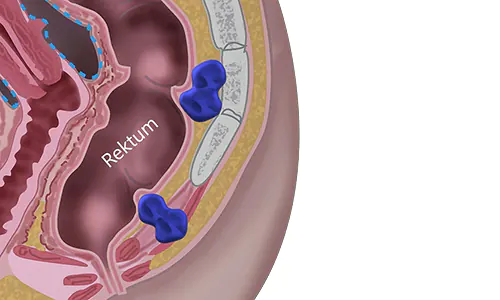
What is a tailgut cyst?
They are rare congenital lesions, with an estimated occurrence of one tailgut cyst per 40,000 births. They are typically found behind the anus-rectum junction. Based on their location, they can be grouped with other lesions as those located behind the rectum or those located in front of the sacrum.
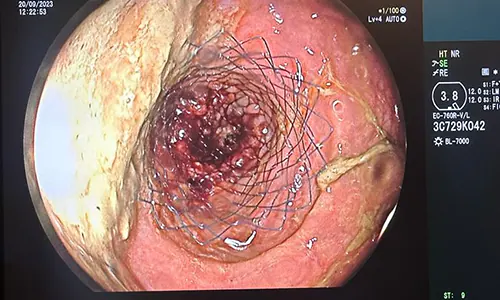
The insertion of a stent into the colon
In cases of leakage after colon surgery, a partial or fully covered stent may be applied. While there are various methods for healing the affected area, stent placement can facilitate recovery in suitable patients. The use of a stent in colon cancer is aimed at relieving the obstruction caused by the tumor in the intestines.
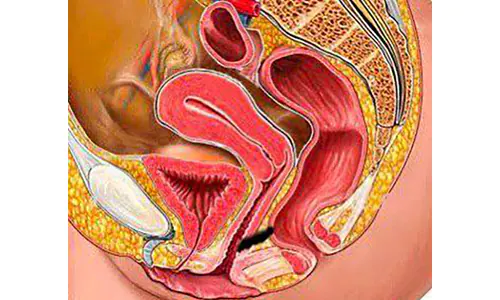
Rectovaginal Fistula
A canal forms between the rectum and the vagina, leading to the passage of gas and feces from the vagina. The most common cause of this condition is childbirth trauma. Additionally, previous surgeries can also lead to rectovaginal fistula. Rectal surgery, pelvic floor surgery, hemorrhoid surgery, or local tumor excision are procedures where rectovaginal fistula may occur.
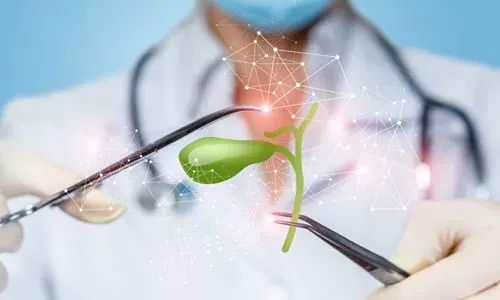
Is Gallbladder Surgery After ERCP Risky?
ERCP is a procedure for endoscopic removal of bile duct stones. Since many patients have primary gallstones, gallbladder removal may be necessary. Patients who do not undergo surgery after ERCP are more likely to have gallbladder, bile duct, and pancreas problems.
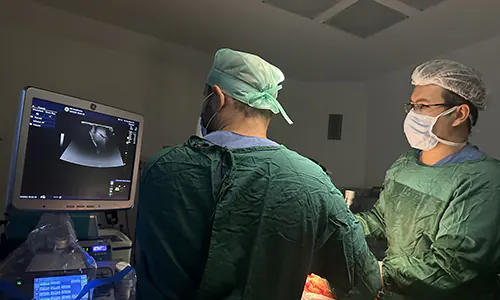
Use of ultrasound increase success in liver metastasis surgery?
In cases where metastasis has occurred to the liver, especially in colon cancer patients, it is important to remove the metastasis and leave no disease behind. While MR and PET-CT imaging may guide the decision for surgery targeting the liver, some lesions may not be visualized. At this stage, intraoperative ultrasound comes into play during the surgery.
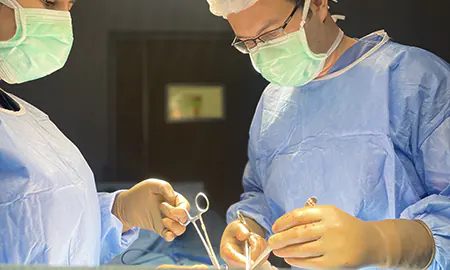
How is cancer treated when spread to surrounding organs?
In gastrointestinal cancers, radiological examinations such as CT or MRI show adherence of the cancer to surrounding tissues or organs. For example, colon cancer involving the small intestine, stomach cancer affecting the spleen, rectal cancer involving the prostate or uterus, and pancreatic cancer affecting the portal veins can be cited as examples.
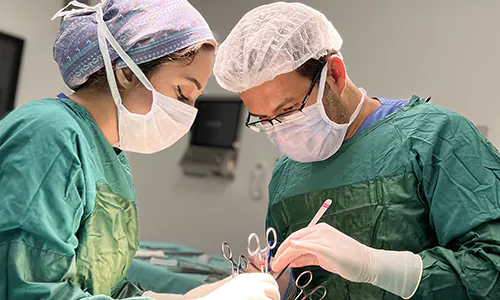
Kono-S anastomosis in Crohn’s disease surgery
Crohn’s disease is a chronic inflammatory bowel disease resulting from an excessive reaction of the immune system in the digestive system. This disease is characterized by inflammation, formation of scar tissue, intestinal obstruction, perforation, fistula, severe bleeding, toxic colitis, or long-term complications such as cancer development throughout the digestive system.












